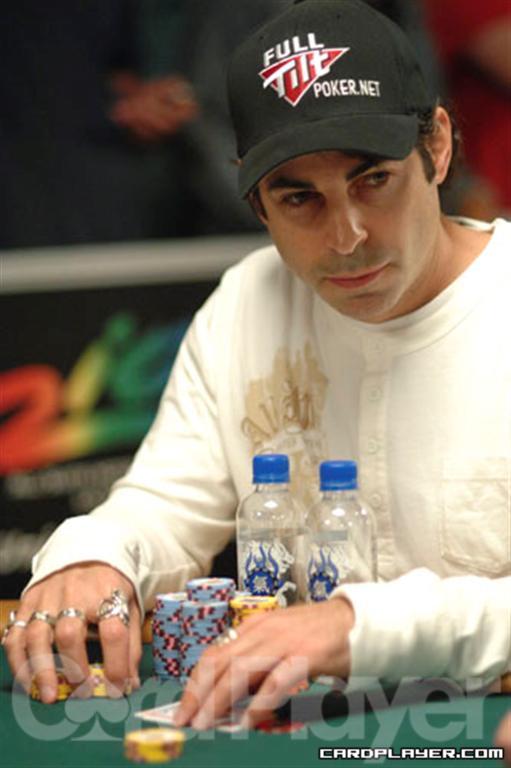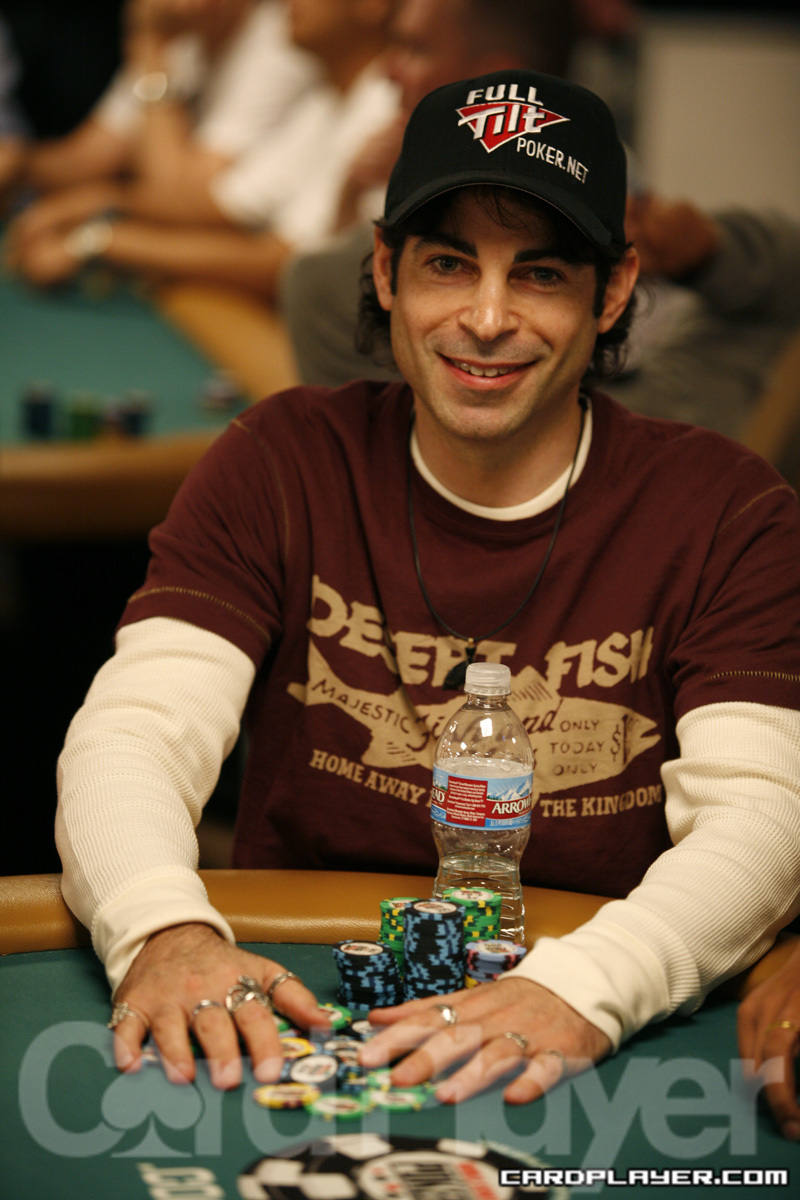






WSOP: Bracelet Winner Q and A -- David SingerSinger Talks About His Bracelet and a Tough Heads Up Match |
|
|
 Despite an impressive résumé that spans nearly 20 years and $4 million in earnings, David Singer entered the $1,500 pot-limit hold'em final table in event No. 3 sans bracelet. Starting on the short stack, Singer battled back into contention and settled in for a marathon heads-up session for the title with Jacobo Fernandez. Three hours later, Singer's turned straight held up against Fernandez and his turned two pair to give him his first World Series of Poker bracelet and $214,131.
Despite an impressive résumé that spans nearly 20 years and $4 million in earnings, David Singer entered the $1,500 pot-limit hold'em final table in event No. 3 sans bracelet. Starting on the short stack, Singer battled back into contention and settled in for a marathon heads-up session for the title with Jacobo Fernandez. Three hours later, Singer's turned straight held up against Fernandez and his turned two pair to give him his first World Series of Poker bracelet and $214,131.
Card Player caught up with Singer after the win to talk about his heads-up game, his bracelet, and some other jewelry.
Julio Rodriguez: So, it's obligatory-question time. How does it feel to win your first bracelet?
David Singer: I’m thrilled. I couldn’t be any happier. I think it was a long time coming, and it’s great to finally get one. Actually, I forgot to mention this, but I started out this tournament not really caring much about it. I was in the $1,500 no-limit hold'em tournament, which I cashed in, and was running back and forth between the two tables. Obviously it worked out.
JR: Where does this win rank among your other successes?
DS: Well, it’s not the most money, but it probably makes me the happiest, to tell you the truth.
JR: It was a long, drawn-out heads up battle. What did you think of your opponent?
DS: He was great. I just won the $25,000 buy-in heads-up championship on Full Tilt recently, so I had a lot of confidence in my heads up play. I thought I would win pretty easily, but he gave me all the fight I could take.
[Watch the Card Player TV interview with Singer after his Full Tilt heads-up win]
JR: You've been involved in other similar heads-up matches. There was a four-hour contest against Kido Pham at Caesars Palace, and then a two-day heads-up match against Allen Cunningham at the Venetian. Do you think you play more cautiously than others? Does your heads-up game involve less risk?
 DS: I try not to have a particular style and just adjust to my opponents. It kind of requires me to play a lot of small pots and try to out-think my opponents. I guess, more often than not, that involves long heads-up matches, but either way, I’ll do whatever it takes to win.
DS: I try not to have a particular style and just adjust to my opponents. It kind of requires me to play a lot of small pots and try to out-think my opponents. I guess, more often than not, that involves long heads-up matches, but either way, I’ll do whatever it takes to win.
In heads-up pot-limit, I don’t want to play out of position. So, a lot of times I’ll raise without a hand, and if he comes over the top, he can just have it. To be honest, I didn’t think he was bluffing me too much. I think he held quite a few hands, and I didn’t really make many on my end. I think I did well to hang in and, obviously, I got him in the end.
JR: One last question: Someone on the rail pointed out your assortment of rings and had a theory that you used them to distract your opponents into looking at your hands rather than your face. Is there any truth to that?
DS: [Laughing] I started wearing the rings long before I played tournament poker. I really like them. Actually, I started picking them up wherever I went, and now I have like 70 of them. There’s no big strategic reason behind them except that I like them.
